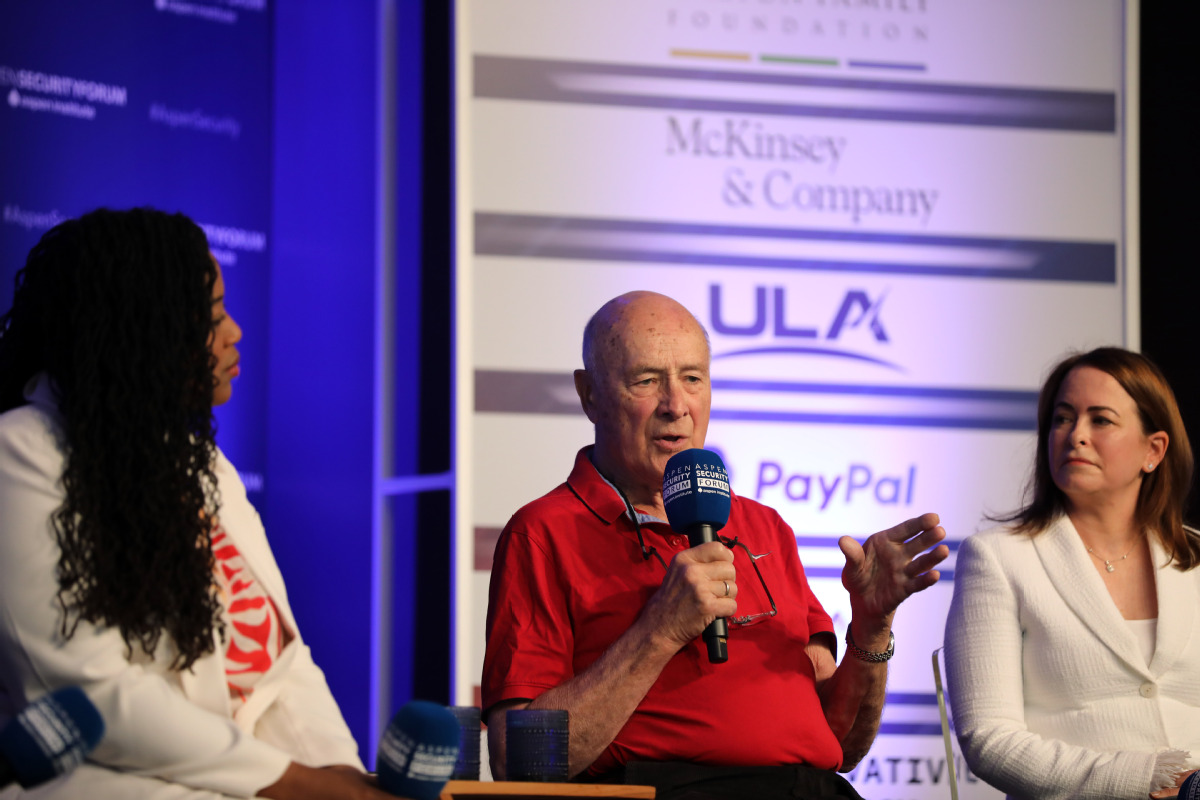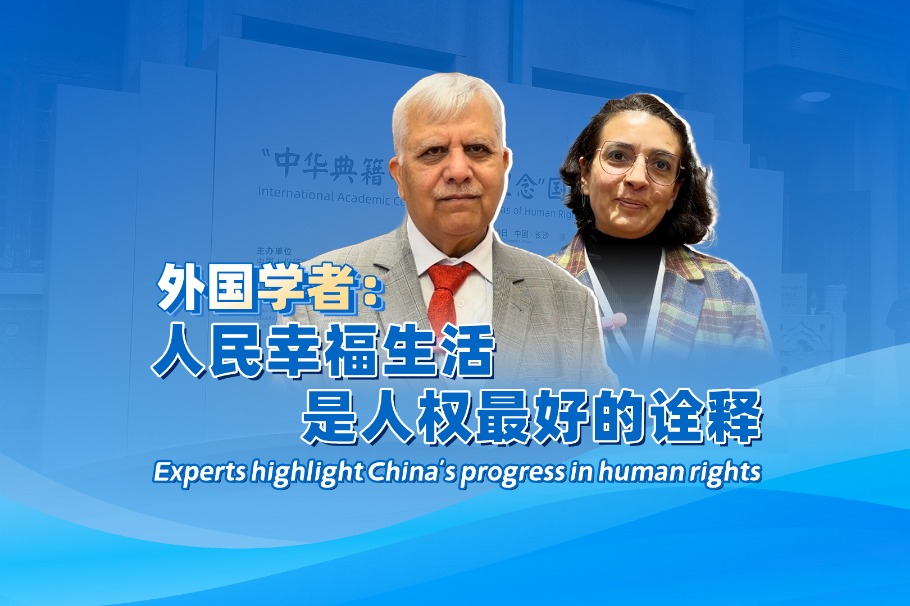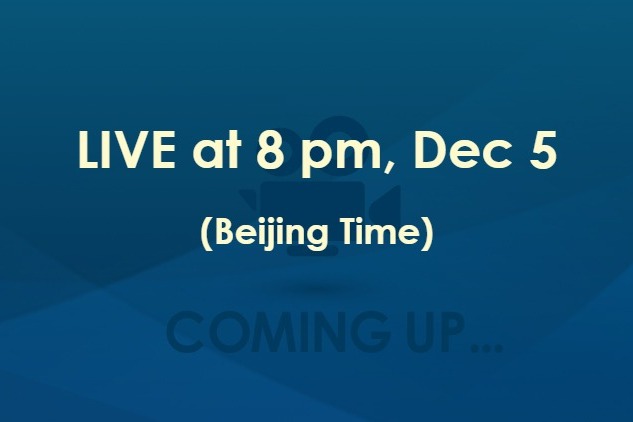Nye: No need for US-China ties to be 'zero sum'
By ZHAO HUANXIN in Aspen, Colorado | chinadaily.com.cn | Updated: 2023-07-24 21:10

Joseph Nye calls for 'managed competition' between Washington and Beijing
Joseph Nye of Harvard University compared the agenda of world politics to a three-dimensional chess game: On the top board is the classic interstate military issues, then the middle layer of international economic relations, and at the bottom, transnational challenges like terrorism and climate change.
That was nearly 20 years ago, when he wrote in his 2004 book Soft Power that on the top board the United States has unipolarity; on the middle, the distribution of power is multipolar; but the power at the bottom is widely distributed, requiring use of soft power assets for "favorable outcomes".
Nye last week used the same metaphor to shed light on the complexity of the world's most important bilateral relations, saying the US-China relationship is not a zero-sum game, and that focusing on the top board — military competition — could only make the two countries "worse off".
Nye, former US assistant secretary of defense for international security affairs, made the remarks in a panel discussion at the Aspen Security Forum on Thursday when he was asked to comment on points that Chinese Ambassador to the US Xie Feng made on China-US relations a day before.
The Chinese envoy said at the US national security and foreign policy conference that "we should say goodbye to the zero-sum game" and to the Cold War mentality.
"But from an analytical point of view, I think he's right, that the US-China relationship doesn't have to be zero sum," Nye said.
The first reason is the two countries are "too big" to be invaded or changed by each other.
Existential threat
"The only way we'd be an existential threat to each other was if we blundered into war ... you would go from non-zero sum to zero sum," said Nye, dean emeritus of the Harvard Kennedy School.
He said it would be "all too simple" to say the US-China challenge is a new cold war.
"That situation is really like three-dimensional chess where you play not only against one board horizontally, you have to play three boards vertically as well," he said.
Nye noted the top board of military competition is "close to zero sum", but on the second board of economic relations, the world has been multipolar for two decades, with the United States, China, Europe and Japan all as the great powers.
Then the board at the bottom is for transnational relations and things that cross borders, outside the control of governments. Those issues include climate change and pandemics, where "it makes no sense to talk about polarities or zero sum or non-zero sum", he said.
There's "definitely no way" the world can solve climate or handle pandemics by simply looking at them as "power over others"; it has to be "power with others", so in that sense, there's intrinsically a large, non-zero sum or positive sum component to it, according to Nye.
"If we just focus on the top board, and pretend we're playing the Cold War again, we're going to miss out on the second and third boards. So I think for those two reasons, it is not a zero-sum game and to the extent that we call it one, we make our job too easy."
During the discussion, Nye noted that the military relationship is often zero sum when it is competing for influence and balance of power, but it can also be "negative sum".
"It's also true that if we blunder into an overexaggeration of Chinese strength and wind up with a situation like August 1914, where everybody thinks that a short, sharp war will clarify the balance of power, and wind up with four years, which killed 10 million people and destroyed four regimes, that would be a terrible outcome for us, for China and for the world," Nye said.
For that reason, Nye said he is in for "managed competition" between China and the US.
Nye, also co-chair of the Aspen Economic Strategy Group, which organized the Aspen forum, said that about 40 years ago, when the group was started, the American polity was almost as politicized as it is now, with deep divisions over national security and talks of starting up another cold war.
























